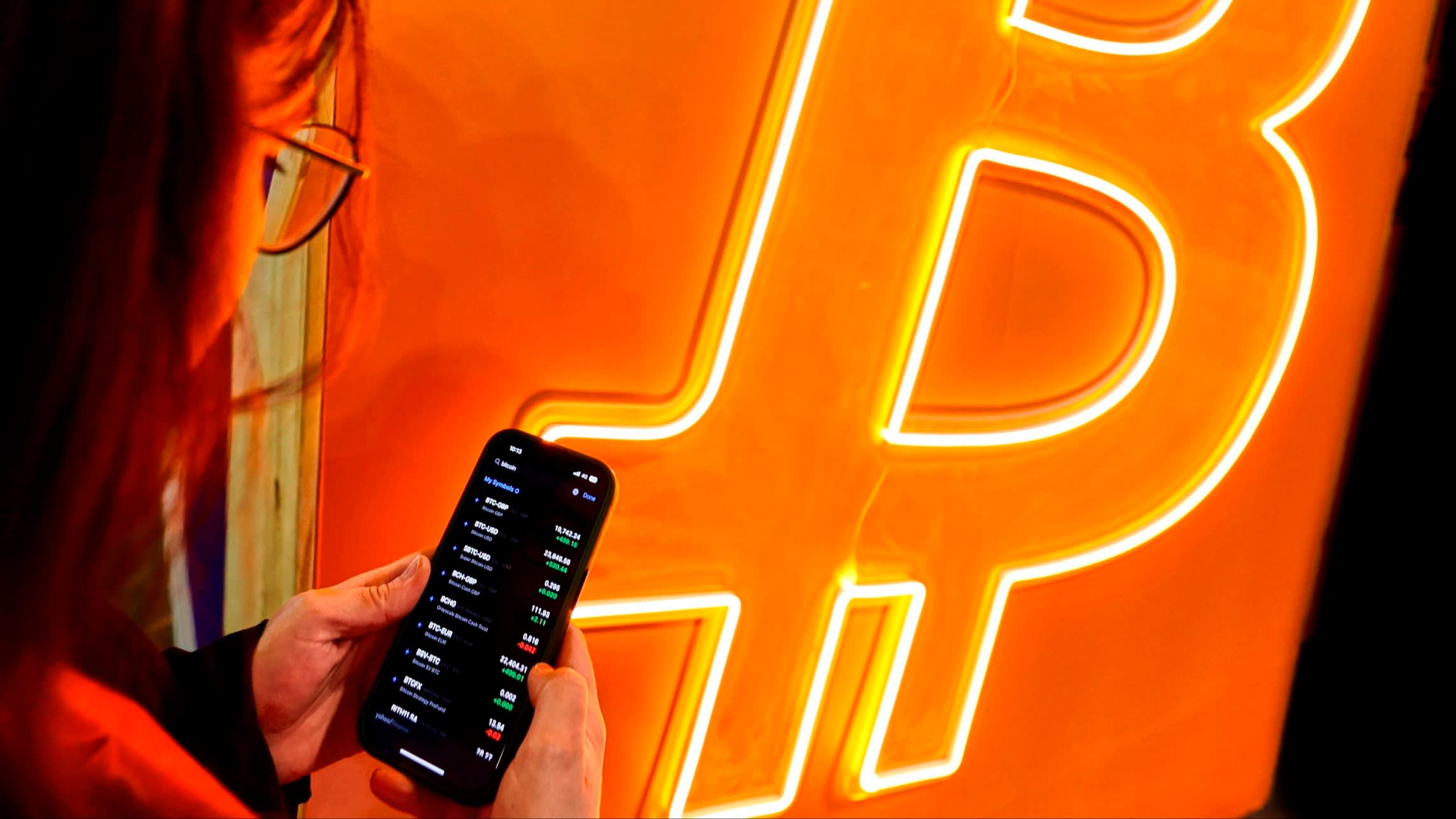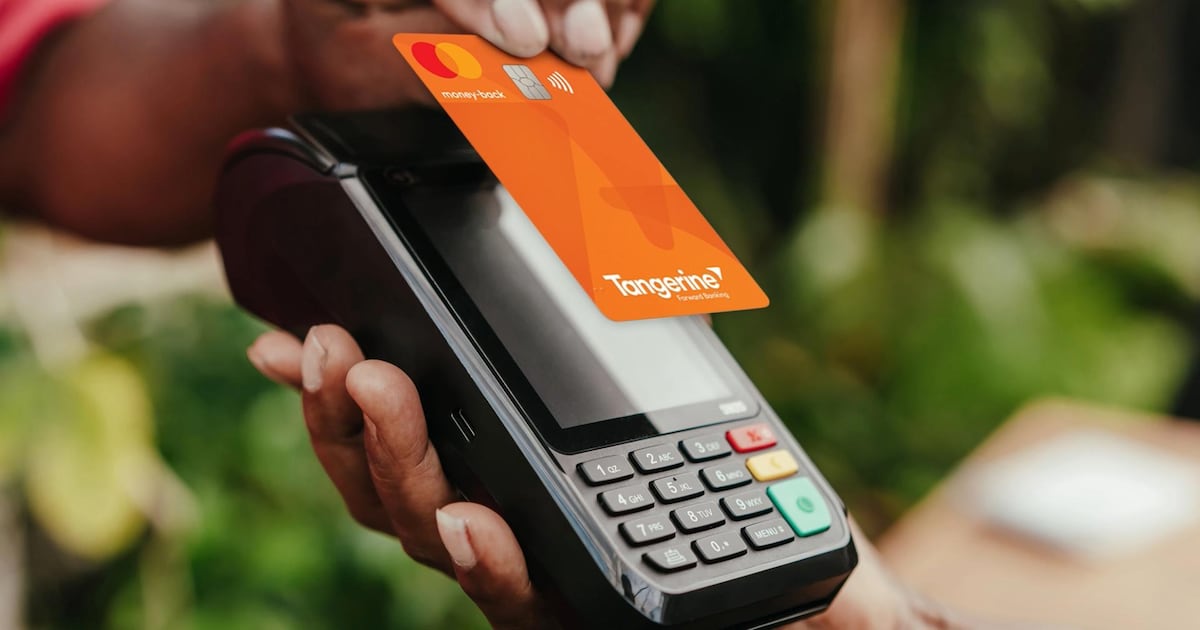Summary
Middle East News: Explore how Dubais innovative property tokenisation contrasts with Indias Real Estate Investment Trusts (REITs), offering new paths for inve…
Source: timesofindia.indiatimes.com

AI News Q&A (Free Content)
Q1: What is the main difference between Dubai's property tokenization and Indian REITs?
A1: The main difference lies in the approach to real estate investment. Dubai's property tokenization allows fractional ownership of real property using blockchain technology, enabling investors to buy and sell digital tokens representing shares in a property. This enhances liquidity and transparency. Conversely, Indian REITs involve pooling funds from multiple investors to purchase income-generating real estate, offering them shares in a trust rather than specific properties. REITs are more traditional and are traded on stock exchanges.
Q2: How does fractional investing in real estate work, and what are its benefits?
A2: Fractional investing in real estate allows multiple investors to purchase shares in a property, dividing ownership and costs. This makes high-end real estate accessible to small investors, reducing the upfront capital required. Benefits include diversification, shared maintenance costs, and potential rental income. However, challenges include limited control and possible scheduling conflicts among owners.
Q3: What role does blockchain technology play in real estate tokenization in Dubai?
A3: Blockchain technology is fundamental to real estate tokenization in Dubai. It is used to create digital tokens that represent property shares, enhancing transparency and security. Blockchain facilitates smart contracts, immutable records, and reduces the need for intermediaries, thereby lowering costs and increasing transaction speed.
Q4: What are the legal and regulatory challenges facing real estate tokenization in India?
A4: In India, real estate tokenization faces challenges due to the absence of a specific regulatory framework. Existing laws like FEMA and SEBI regulations may apply if tokens are deemed securities. There are also taxation and anti-money laundering considerations. The lack of clear guidelines can hinder widespread adoption.
Q5: How do returns from tokenized real estate compare to traditional REITs?
A5: Tokenized real estate projects often offer higher returns compared to traditional REITs. Some blockchain platforms provide annualized returns of 8-12%, whereas REITs typically yield less. Tokenized properties can target niche markets with higher rental yields, making them attractive to investors.
Q6: What are the latest developments in Dubai's real estate tokenization initiatives?
A6: Dubai has launched a multibillion-dollar tokenization project through the Dubai Land Department. This initiative aims to enable fractional property ownership and is projected to transform property ownership by 2033. The project is part of Dubai's strategy to become a hub for blockchain and digital assets.
Q7: What does research say about the effectiveness of blockchain in real estate tokenization?
A7: Research indicates that blockchain significantly enhances real estate tokenization by improving transparency, reducing fraud, and cutting costs through smart contracts and record management. It also addresses liquidity issues, making real estate investment more accessible and efficient.
References:
- Tokenization of Real Estate Assets Using Blockchain





